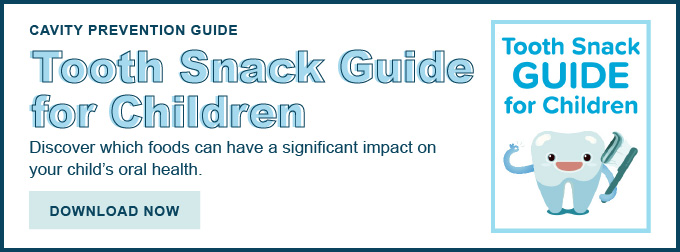Why Hasn’t My Kid Lost a Tooth? If your child hasn’t lost their first tooth…
When Do Baby Teeth Fall Out (and How Many)?
One of your child’s most memorable milestones comes when they lose their first baby tooth. For your child, this may mean taking funny pictures and waiting for a visit from the Tooth Fairy, but it can also serve as an important indicator of their dental health. While every child is different, there is a general pattern by which your child will lose their baby teeth. Knowing this can help you act early if you suspect your child might have any unseen problems as their baby teeth fall out.
Worried About Your Child’s Dental Health?
Call Our Muscatine Office (563) 607-5979
When Do Baby Teeth Fall Out?
Most children will begin to shed their baby teeth between the ages of 4 and 7, though some may start a little earlier or later. As the adult tooth moves closer to erupting, the root of the baby tooth will slowly resorb. This means the bay tooth can peel off without much trouble when it is ready to be shed. It’s unwise to force this process along in most cases as this can cause harm to your child and may make it difficult for their adult teeth to grow without problems.
How to Tell if My Child Is Losing Baby Teeth Too Early or Late?
Children who lose their teeth too early or too late can have problems with their adult teeth, as they may not have the space they need to grow straight. If your child loses a baby tooth due to a cavity, they may have to get a placeholder which can maintain the necessary space that adult tooth needs to grow without any problems. Children who lose their teeth too late may face similar crowding problems, which can make adult teeth grow into the wrong place. Early tooth loss might also signal cavities or dental trauma, which can negatively impact the health of adult teeth that are still growing.
Which Baby Teeth Fall Out First?
Most children shed their baby teeth in the same sequence, but this can vary from child to child. In general, the bottom central incisors will fall out first. It is important to note that many children will have six year molars erupt around the same time. These teeth do not replace any baby teeth and can get cavities quickly if children are not adequately keeping them clean.
Can Baby Teeth Fall Out of Order?
Baby, or primary, teeth often fall out in the same sequence but sometimes there are small variations in this order. Primary teeth usually only shed once an adult tooth underneath is ready to take its place. If a tooth falls out well ahead of when expected, you’ll want to make sure your child didn’t lose it because of any sort of trauma or disease. You may want to write down the order in which your child’s primary teeth erupted and share it with your dentist so they can monitor for any potential problems.
How Many Baby Teeth Fall Out?
Your child will grow and lose twenty baby teeth, most of which should fall out by about age 12. These will include the following, which are placeholders for most of their adult teeth:
- Central incisor
- Lateral incisor
- Canine (cuspid)
- First premolar (bicuspid)
- Second premolar (bicuspid)
Your child will most likely lose their top and bottom central incisors between the ages of 6 and 7 and their lateral incisors from when they are 7 to 8 years old. They will usually lose their top and bottom first baby molars between the ages of 9 and 11. On average, they will lose their bottom baby canines between the ages of 9 and 11 as well, while they will shed their top baby canines anywhere from 10 to 12. Their baby second molars usually fall out between the ages of 10 and 12.
At What Age Should You Have Lost All Your Baby Teeth?
While every child’s sheds their baby teeth at different rate, most children should lose theirs by age 12. If your child still has baby teeth after this age, you’ll want to consult with an orthodontist to see if there are any problems that need to be addressed. Your child’s baby teeth could block their adult teeth from erupting in the right place, which can cause them to become crooked, making them difficult to clean and prone to harmful buildups and gum disease. Your child may also have extra teeth which can prevent them from losing their baby teeth on time.
Every child grows at a different pace, and this is no different when it comes to the rate at which they lose their baby teeth. In general, girls will lose their sooner than boys, but it is difficult to tell when your child will lose theirs until it begins to happen. While the time at which your child loses their teeth is important, what often matters more is that they lose them in the correct sequence so their adult teeth can grow in place without any problems. Taking the time to learn about what to expect from this process can help you safeguard your child’s dental health for years to come.




